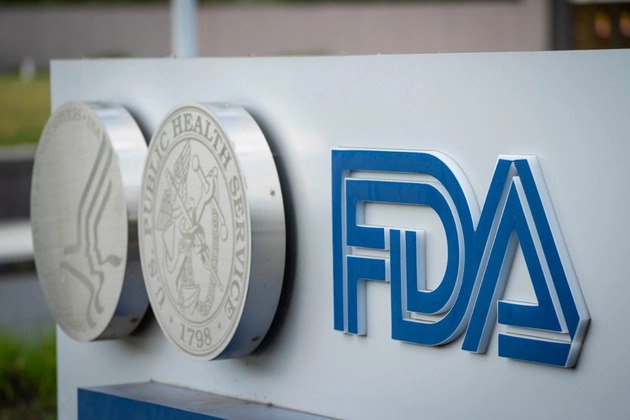
Revolution Medicines Receives FDA Priority Voucher for Daraxonrasib (RMC-6236) Under Commissioner’s National Priority Voucher Pilot Program
Revolution Medicines Receives FDA Priority Voucher for Daraxonrasib (RMC-6236) Medicines, Inc. (Nasdaq: RVMD), a late-stage clinical oncology company pioneering the development of targeted therapies for patients with RAS-addicted cancers, announced that the U.S. Food and Drug Administration (FDA) has awarded the company a non-transferrable voucher for its investigational therapy daraxonrasib (RMC-6236) under the Commissioner’s National Priority Voucher (CNPV) pilot program.
The recognition marks a significant milestone for Revolution Medicines, placing it among the first recipients of this newly launched FDA initiative designed to accelerate the development and review of medical products that address critical national health priorities. The CNPV pilot program represents an important regulatory tool to incentivize innovation in areas of substantial unmet medical need.

Daraxonrasib is a RAS(ON) multi-selective inhibitor that targets RAS-driven cancers—a class of malignancies long considered among the most difficult to treat. The molecule is currently being evaluated in two pivotal Phase 3 clinical trials:
- RASolute 302, assessing daraxonrasib in patients with previously treated metastatic pancreatic ductal adenocarcinoma (PDAC).
- RASolve 301, evaluating the investigational therapy in previously treated metastatic non-small cell lung cancer (NSCLC).
These studies aim to determine whether daraxonrasib can significantly improve outcomes for patients whose cancers are driven by mutations in RAS, one of the most frequently mutated oncogenes in human tumors.
Recognition of an Urgent Unmet Medical Need
RAS mutations—particularly in KRAS—are among the most common genetic drivers of cancer, implicated in roughly 30% of all human tumors. Despite decades of research, effective therapies directly targeting these mutations have remained elusive until recent years. Pancreatic and lung cancers with RAS mutations are particularly aggressive and resistant to treatment, leading to poor prognoses and limited survival options for affected patients.
In announcing the FDA’s decision, Mark A. Goldsmith, M.D., Ph.D., chief executive officer and chairman of Revolution Medicines, expressed both pride and gratitude:
We are honored to receive one of the first vouchers awarded under the Commissioner’s National Priority Voucher pilot program. As with the Breakthrough Therapy Designation that daraxonrasib received earlier this year, we believe this voucher recognizes the large unmet need for new treatments for patients with RAS-addicted cancers and the potential of the investigational drug daraxonrasib to transform treatment for these diseases, including pancreatic cancer.
Goldsmith added that the company remains focused on advancing its Phase 3 clinical programs, stating:
With an expected data readout from RASolute 302 in 2026, we look forward to participating in the CNPV program and working closely with the FDA to bring daraxonrasib to patients as quickly and safely as possible.
The company emphasized that the FDA’s decision to grant the CNPV voucher reflects growing recognition of the importance of accelerating therapies for difficult-to-treat cancers and other conditions with few or no effective treatment options.
FDA’s National Priority Voucher: A New Pathway for Urgent Health Innovations
The CNPV pilot program, introduced by the FDA Commissioner’s office, is part of the agency’s broader mission to accelerate access to medicines that address U.S. health security and equity priorities. The program provides selected companies with regulatory advantages such as priority access to FDA consultations and an expedited review process for future applications of the same investigational product.
By awarding Revolution Medicines this voucher, the FDA is signaling that therapies targeting RAS-driven cancers represent a national health priority—not only because of their high prevalence and lethality but also due to their historical resistance to standard treatments.
While other FDA voucher programs (like the Rare Pediatric Disease or Tropical Disease PRV programs) have generated secondary market activity, the CNPV’s non-transferable nature reinforces its role as a public health accelerator rather than a financial instrument. This distinction ensures that only companies directly engaged in the development of qualifying drugs benefit from the incentive, maintaining a clear alignment between scientific innovation and patient outcomes.





